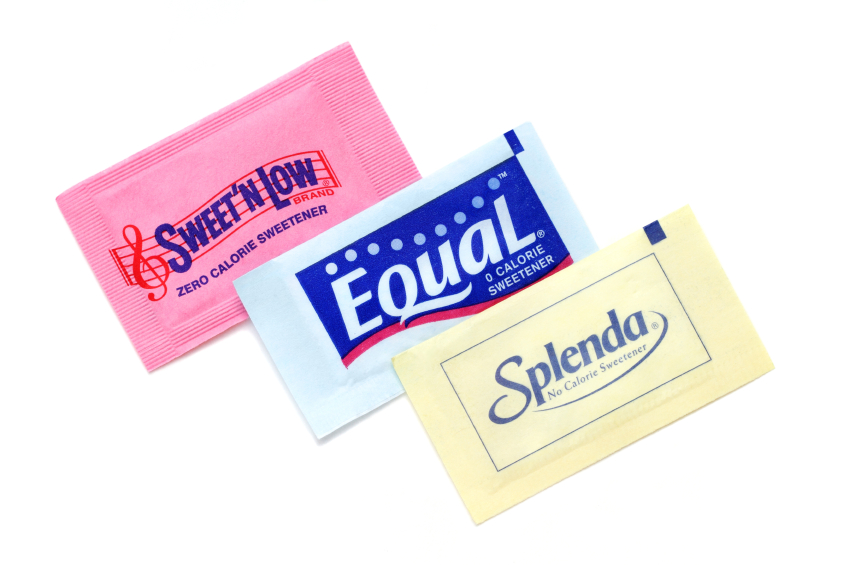As I reflect on my time in the Church of Jesus Christ of Latter-day Saints, I often find myself struggling for a proper analogy or framework for talking about my time in the Church. I can’t deny the many positive experiences I had, nor can I deny that there are many significant similarities between my current and past beliefs.
I recently thought of an analogy that really resonated with my experience. Mormonism is like an artificial sugar like Sweet ‘n Low, Equal, or Splenda.

Artificial sugars are designed to closely mimic the composition and design of real sugar. Some like Sweet ‘n Low and Equal are completely synthetic. But Splenda in particular is a bit more subtle. The manufacturers of Splenda start with a real sugar molecule but according to WebMD, “some naturally occurring parts of the sugar molecule, called hydroxyl, are swapped out for chlorine.”
Regardless of whether the molecute is synthetic in whole or in part, the effect is the same. These molecules trick our brains into accepting them as sugar. Indeed, on initial taste they are actually significantly sweeter than sugar by a magnitude of 400x or 500x. If you are paying close attention, you may notice a metallic or bitter aftertaste with some of these sugars. But the manufacturers have worked hard and spent millions to mask or minimize that reaction and to convince consumers that these artificial sugars are actually healthier for you and will contribute to a better and healthier future.
No matter how subtle the artificial sugar is, once it passes through your body the differences are apparent. The artificial sugar does not actually provide nutrition or needed nutrients for your body. It passes through without contributing anything at all. Instead, there is evidence that artificial sugars increase appetite, contribute to inflammation and may kill healthy bacteria in your gut.
Mormonism is similarly designed to closely resemble Biblical Christianity. Many of its properties are similar, but subtly altered or changed. And many of its teachings are initially sweet to the taste and very desirable. The purveyors of Mormonism have spent a lot of time and money and effort to convince everyone that their product is just like sugar and to encourage people to ignore any metallic aftertaste. Indeed, they have spent millions to convince many people that their alternative is actually healthier for you and will contribute to a better and healthier future.
But Mormonism does not actually provide the key nutrients of Christianity. It does not produce a saving faith in Christ. It does not lead to hope, joy, peace, and an assurance of salvation. Instead, it leaves us unsatisfied and still craving true peace with God, inflames feelings of inadequacy and guilt, and destroys our natural feelings of awe and worship towards God. It is an artificial imitation that leaves us feeling empty.
The good news is that unlike artificial sugars, artificial imitation Christianity can only deceive us until we have tasted the real thing. When someone who has been living on a diet or artificial imitation Christianity tastes the sweet reality of living in Christ, there can be no doubt as to which is the real deal. The true and living God cuts through all that is the artificial and man-made. That “God, who said, ‘Let light shine out of darkness,’ has shone in our hearts to give the light of the knowledge of the glory of God in the face of Jesus Christ.” 2 Corinthians 4:6. And once we have tasted and seen the real thing, there can be no going back to artificial imitation Christianity.

